
Transfer fees on property in South Africa are an essential consideration for any prospective homeowner or investor. These fees encompass various costs, including transfer duty, legal fees, and other administrative expenses incurred during the process of transferring property ownership from the seller to the buyer. Understanding these fees is crucial as they significantly impact the overall cost of acquiring property.
Key Takeaways
- Transfer Fees: When purchasing a property, you’re required to pay transfer fees to the conveyancing attorney, who facilitates the transfer of ownership from the seller’s name to yours.
- Transfer Costs: Transfer costs encompass the attorney’s fees and the transfer duty paid to SARS. Properties valued at less than R1,100,000 are exempt from this duty.
- Home Loan: Rather than paying transfer costs upfront, you have the option to apply for a home loan that incorporates transfer and bond registration expenses into your monthly payments.
What is a Transfer Duty?
When buying a home, it’s crucial to remember that the property’s price tag isn’t the only cost. You should set aside 8 to 10% of the purchase price for additional expenses, including bond costs and transfer duties. Transfer Duty is a government tax imposed to change the property ownership from the seller to the buyer.
According to SARS, transfer duty is the tax levied on the value of any property acquired through a transaction or any other means. This applies to land and fixtures, including real rights in land, rights to minerals, shares or interests in a residential property company, or shares in a share block company.
SARS Transfer Duty Fees
Here are the current transfer duty rates on property in South Africa, effective from March 2024 to February 2025:
| Property Value | Transfer Duty Rate |
|---|---|
| R1,100,000 or below | No transfer duty applies |
| Between R1,100,001 and R1,512,500 | 3% of the amount above R1,100,000 |
| Between R1,512,501 and R2,117,500 | R12,375 plus 6% of the amount over R1,512,500 |
| Between R2,117,501 and R2,722,500 | R48,675 plus 8% of the amount above R2,117,500 |
| Between R2,722,501 and R12,100,000 | R97,075 plus 11% of the amount over R2,722,500 |
| R12,100,001 and above | R1,128,600 plus 13% of the amount exceeding R12,100,000 |
Understanding the full financial scope of buying a house is crucial, especially when it comes to additional costs like transfer fees. Read our Tips on Buying Your First House, which offers invaluable guidance to help you navigate these expenses effectively, ensuring you’re fully prepared for the financial aspects of home ownership.

Who Pays the Transfer Fees and When?
The responsibility of paying the transfer fees falls on the buyer, with payment due within six months from the date of acquisition. Failure to pay within this timeframe incurs an interest rate of 10% per annum, calculated for each completed month. Interest accrues from the day after the six-month interest-free period ends until the payment date.
It’s essential to note that for conditional sales, the six-month period begins on the transaction entry date, not when the contract becomes binding. In such cases, the period starts from the last date a party signs the agreement, not when the conditions are fulfilled.
How to Calculate Transfer Costs
SARS determines the transfer duty based on the property’s value, rather than the selling price. Generally, the selling price reflects the property’s value, simplifying estimation. However, if a property is sold within a family, SARS may investigate if the selling price appears lower than the actual value. Utilize our transfer cost calculator for a helpful estimate.
Property Transfer Fees Based on Purchase Price/Value
Based on the most recent information for 2024, here are the updated property transfer fees for South Africa:
| Property Value | Transfer Fee |
|---|---|
| Does not exceed R100,000 | R47 |
| Exceeds R100,000 but does not exceed R200,000 | R107 |
| Exceeds R200,000 but does not exceed R300,000 | R682 |
| Exceeds R300,000 but does not exceed R600,000 | R850 |
| Exceeds R600,000 but does not exceed R800,000 | R1,196 |
| Exceeds R800,000 but does not exceed R1,000,000 | R1,374 |
| Exceeds R1,000,000 but does not exceed R2,000,000 | R1,544 |
| Exceeds R2,000,000 but does not exceed R4,000,000 | R2,140 |
| Exceeds R4,000,000 but does not exceed R6,000,000 | R2,596 |
| Exceeds R6,000,000 but does not exceed R8,000,000 | R3,092 |
| Exceeds R8,000,000 but does not exceed R10,000,000 | R3,615 |
| Exceeds R10,000,000 but does not exceed R15,000,000 | R4,303 |
| Exceeds R15,000,000 but does not exceed R20,000,000 | R5,169 |
| Exceeds R20,000,000 | R6,885 |
If you’re planning to buy a property, understanding transfer fees is just one part of the journey. The bigger picture starts with choosing the right home loan to suit your budget and lifestyle.
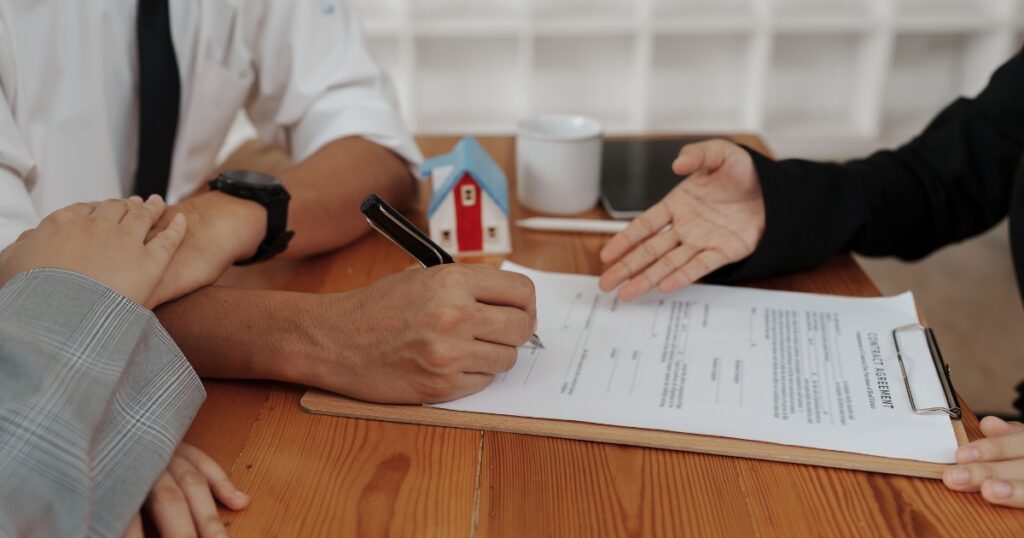
What are Some of the Exemptions to Transfer Duty?
Certain scenarios exempt property transfers from transfer duty. Here are some key exemptions:
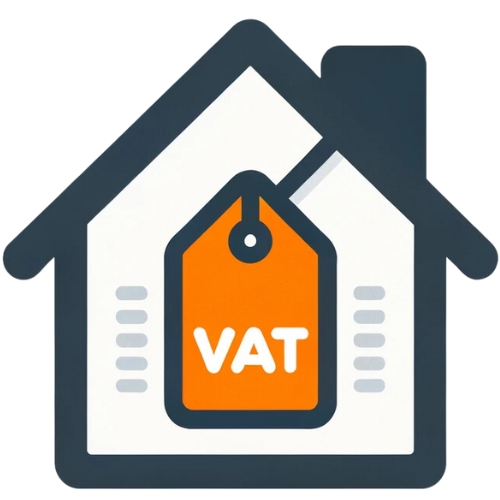
When a Property Is Subject To VAT
South African law stipulates that a transaction cannot be subject to both VAT and transfer duty. For property transfers, VAT takes precedence over transfer duty. This is commonly observed in new developments where VAT is included in the property price, and no transfer duty is charged. It’s essential to clarify this before finalizing any agreement.
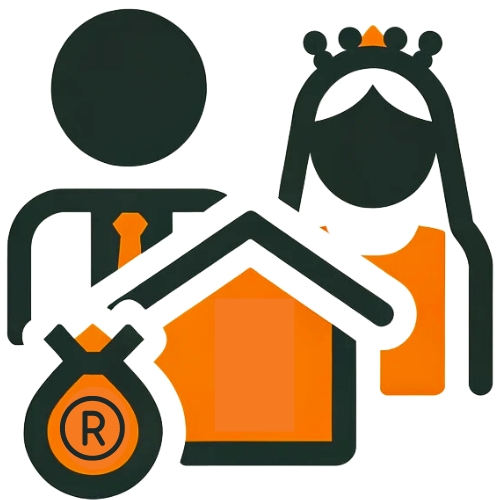
Marriage in Community of Property
When a couple marries in a community of property and purchases a house, the spouse is entitled to half the property without needing to pay transfer duty.

In the Instance of Divorce
In cases of divorce, if a property is awarded to a spouse under a divorce order, no transfer duty is required. However, if the property is awarded outside of divorce proceedings, transfer costs will still apply.
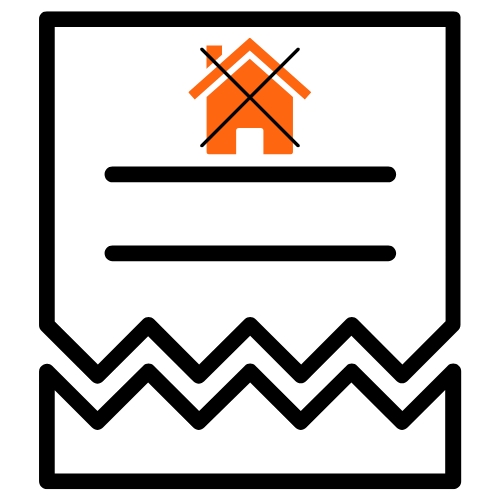
Cancelled Transactions
If a property purchase is cancelled before the transfer is registered at the Deeds Office, SARS can deem the cancellation valid, and no transfer duties will be charged.

Property Inheritance
Upon death, beneficiaries of the deceased do not have to pay transfer duties on inherited properties. This applies regardless of the relationship to the deceased or the presence of a valid will.
When buying in a security estate, transfer fees may be the tip of the iceberg. Explore the Caution for South Africans Buying Property in Security Estates guide to uncover community-imposed costs and legal risks you might not anticipate.
About Arcadia Finance
Secure your loan effortlessly with Arcadia Finance. Enjoy no application fees and select from 19 reputable lenders, each fully compliant with South Africa’s National Credit Regulator standards. Benefit from a streamlined process and trustworthy options tailored to your financial needs.
What Extra Costs Are There When Buying a House?
Beyond transfer duties and conveyancing attorney fees, buyers should consider several other costs associated with home ownership. These can be calculated using an extra cost calculator.
A Deposit
Securing a 100% home loan has become increasingly difficult. Prospective buyers are advised to save for a deposit, typically 10 to 30% of the anticipated purchase price. Paying a deposit upfront can improve home loan approval chances and reduce monthly bond instalments. Use a deposit savings calculator to estimate savings.
When is the deposit paid?
The deposit is paid in advance to the transferring attorneys, who hold the funds in a trust account until bond registration. Once registered, the deposit is paid to the bank, and any interest accrued is transferred to you.
Bond Registration
When buying a house with a home loan, consider bond registration fees, including property registration costs, registering attorney fees, and a levy for postage and sundries.
Bond Repayments or Occupational Rent
If you occupy the property before it’s transferred into your name, you must pay occupational rent as agreed in the offer to purchase. After the transfer, you will start monthly bond repayments, usually tied to a 20-year home loan period. Use a bond calculator to estimate these costs.
For those considering buying a property to renovate and resell, understanding the various costs involved, including transfer fees, is crucial. Learn more about the intricacies and potential profits of flipping houses to make an informed decision.
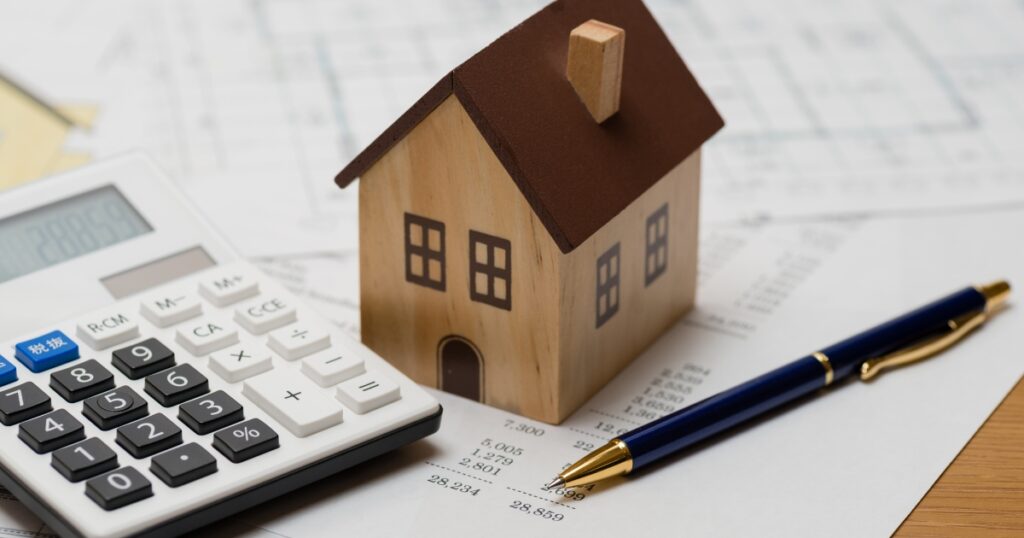
What are the Bond Registration Fees?
When registering your bond at the Deeds Office, you will incur bond registration fees or attorney costs. These fees are based on the amount of your home loan.
| Bond Loan Amount | Bond Registration Fee |
|---|---|
| Does not exceed R150,000 | R417 |
| Exceeds R150,000 but does not exceed R300,000 | R539 |
| Exceeds R300,000 but does not exceed R600,000 | R673 |
| Exceeds R600,000 but does not exceed R800,000 | R946 |
| Exceeds R800,000 but does not exceed R1,000,000 | R1,086 |
| Exceeds R1,000,000 but does not exceed R2,000,000 | R1,220 |
| Exceeds R2,000,000 but does not exceed R4,000,000 | R1,691 |
| Exceeds R4,000,000 but does not exceed R6,000,000 | R2,051 |
- When is the payment due? This is a one-time payment required before your bond is registered.
- To whom do I make the payment? The payment should be made to the Registering (Bond) Attorneys.
- What is the purpose of this fee? This fee is for the Deeds Office.

Essential Tips for Buying Property
Consider Family Priorities
Remember, you’re not the only one living in the home. Have open and honest conversations with your family members. Spend time understanding what’s important to each person and compile a comprehensive house-hunting list.
Plan Ahead – Avoid Rushed Decisions
Buying a property is a major investment, not a simple purchase. Take your time to plan and ensure you make a well-thought-out decision.
Get Advice and Be Ready to Commit
Be prepared to commit once you’ve made your decision. Seek advice from a reputable mortgage originator to ensure your finances are in order and that you qualify for a home loan before starting your home search.
Identify Your Core Needs
It’s essential to distinguish between your must-haves and nice-to-haves. Must-haves might include a 3-bedroom house, a living area, a kitchen, and a bathroom. Extras could include a pool or an entertainment area, as these are not critical.
Note What You Like
Take a look around your current home and jot down what you enjoy most about it, even if it’s a rental. Also, write down what you don’t like. This will help you pinpoint what you need and want when viewing potential homes.
Conclusion
Comprehending the array of transfer fees and related costs in South Africa is paramount for prospective homebuyers and investors. These fees encompass transfer duty, legal fees, and administrative costs essential for completing the property transfer process. Having a clear understanding of these expenses facilitates accurate budgeting and ensures a smoother transaction. Being informed about alternatives such as a home loan, which covers transfer and bond registration costs, offers financial flexibility. By staying abreast of current rates and regulations, buyers can adeptly navigate the financial demands of property ownership.
Frequently Asked Questions
Property transfer costs in South Africa comprise several components, including transfer duty, conveyancing attorney fees, and Deeds Office registration fees. Transfer duty is determined by the property’s value, with exemptions for properties valued at R1,100,000 or below, while higher-valued properties incur escalating rates. Typically, total transfer costs range from 8% to 10% of the property value.
The main components of property transfer costs in South Africa typically include transfer duty, legal fees, and bond registration costs. Transfer duty is a tax levied by the South African Revenue Service (SARS) on properties valued over a certain threshold. Legal fees cover the cost of hiring a conveyancer to handle the property transfer process. Bond registration costs are applicable if a mortgage is involved and cover the fees for registering the bond with the Deeds Office.
The buyer bears the responsibility for property transfer costs, encompassing fees for conveyancing attorneys, transfer duty to SARS, and other administrative expenses. Budgeting for these costs alongside the property purchase price is crucial for a smooth transaction.
Transfer duty on a property in South Africa is calculated based on its value using a sliding scale. For instance:
For properties valued up to R1,100,000: No transfer duty.
For properties valued between R1,100,001 and R1,512,500: 3% of the amount above R1,100,000.
For properties valued between R1,512,501 and R2,117,500: R12,375 plus 6% of the amount over R1,512,500.
For properties valued between R2,117,501 and R2,722,500: R48,675 plus 8% of the amount above R2,117,500.
For properties valued between R2,722,501 and R12,100,000: R97,075 plus 11% of the amount over R2,722,500.
For properties valued above R12,100,001: R1,128,600 plus 13% of the amount exceeding R12,100,000.
In addition to transfer duty and legal fees, buyers should consider other expenses like bond registration fees, rates clearance fees, and moving costs. Bond registration fees are dependent on the loan amount and can constitute a significant expense. Rates clearance fees ensure municipal taxes and rates are up to date while moving costs and potential renovations or repairs should also be factored into the total budget for purchasing a property.



